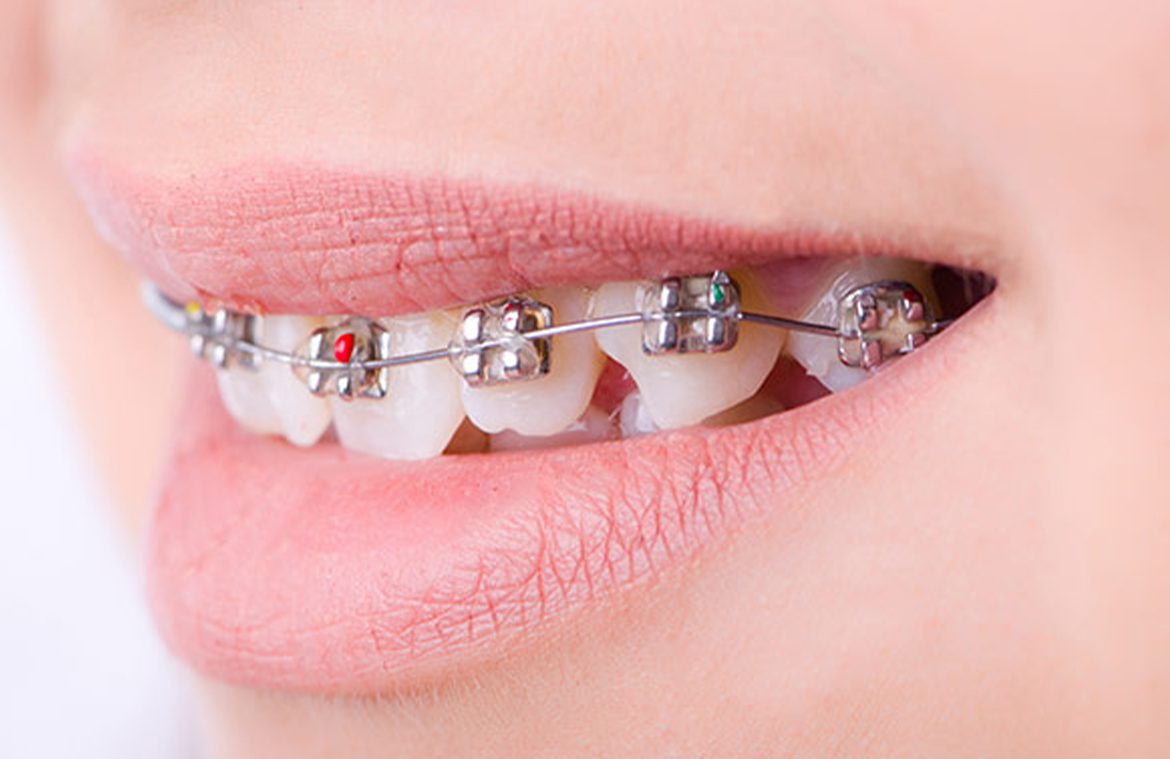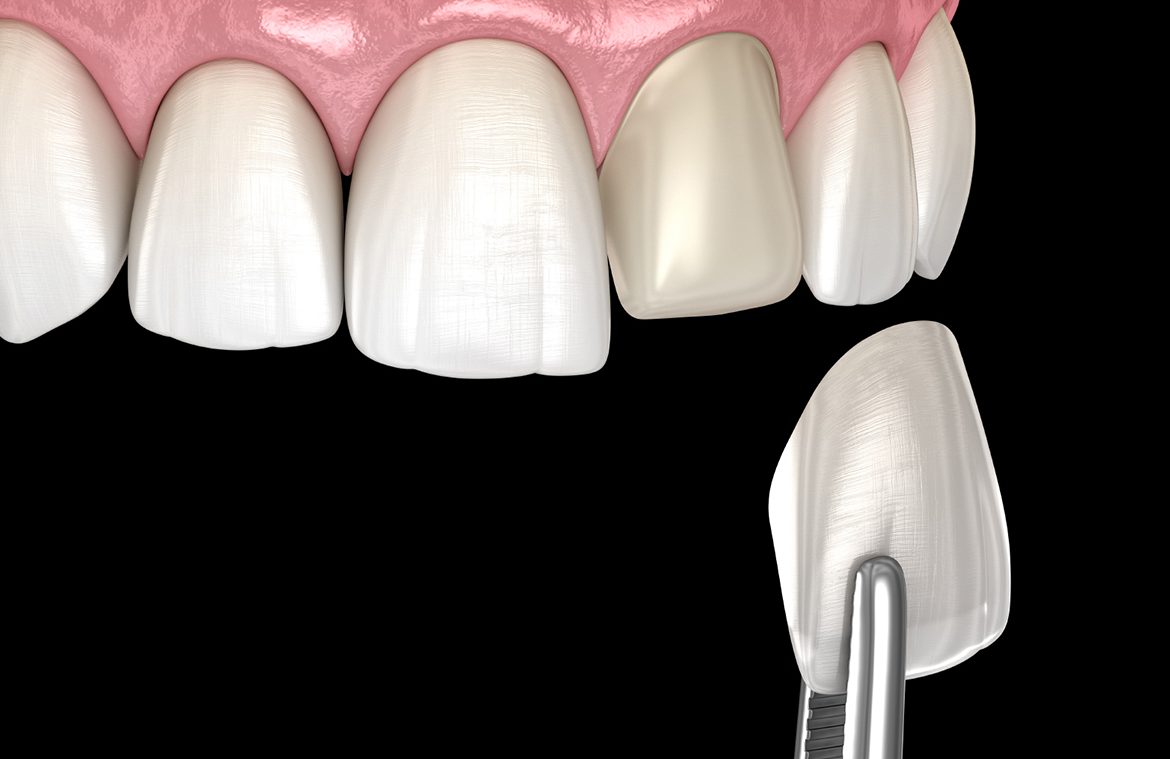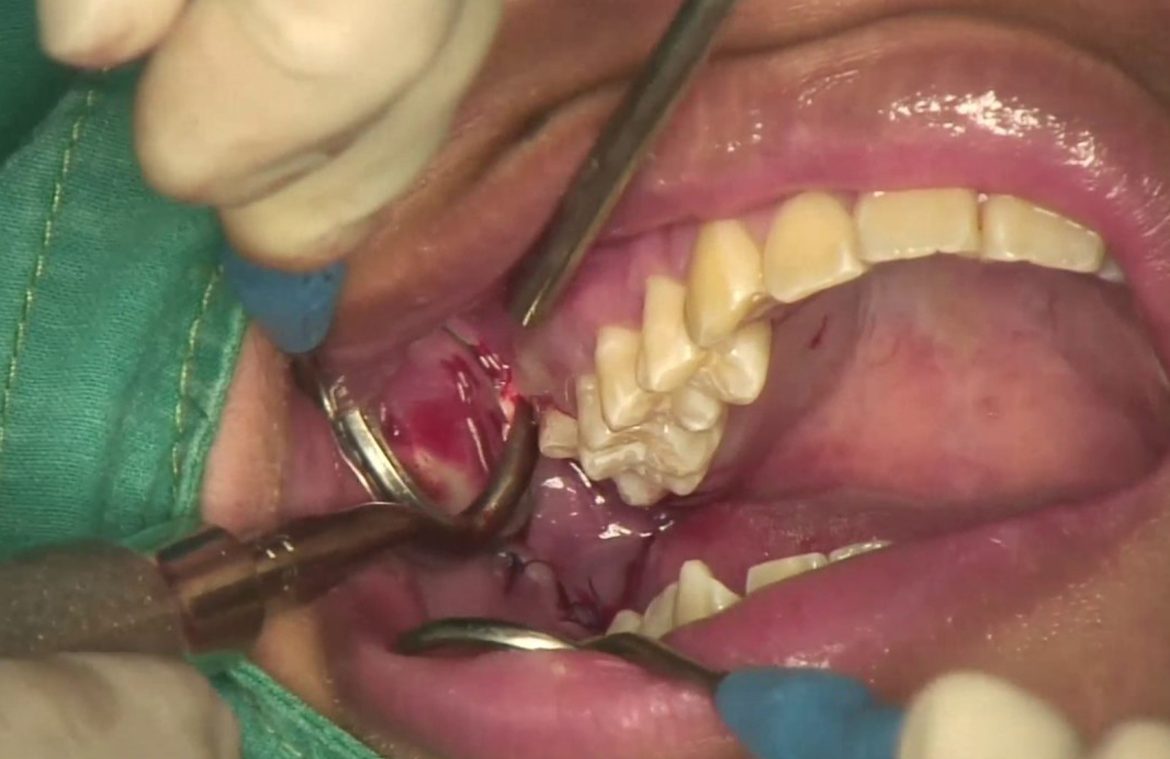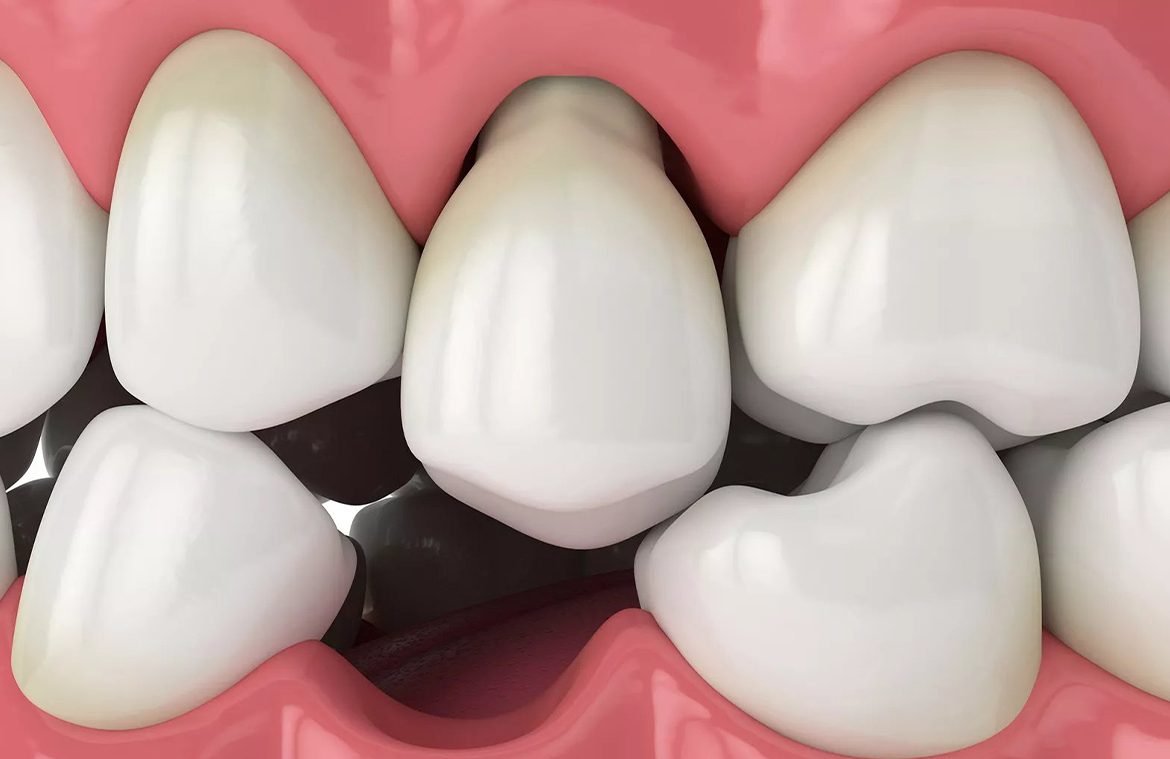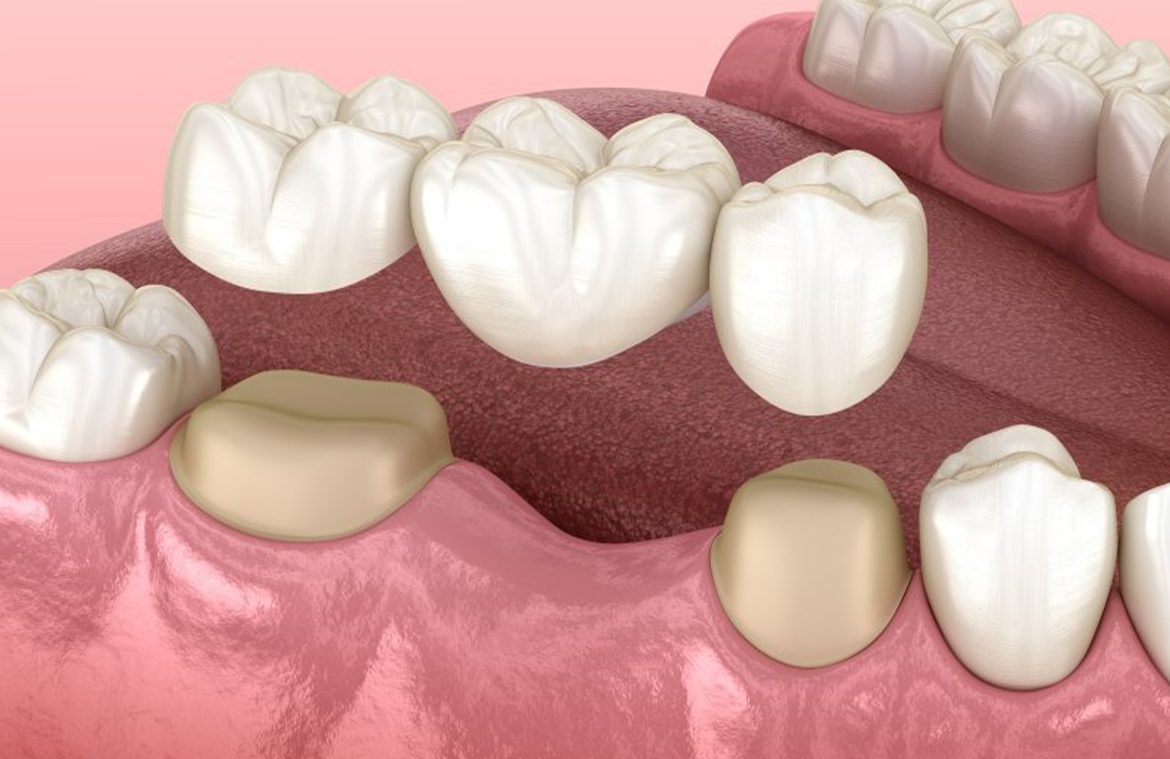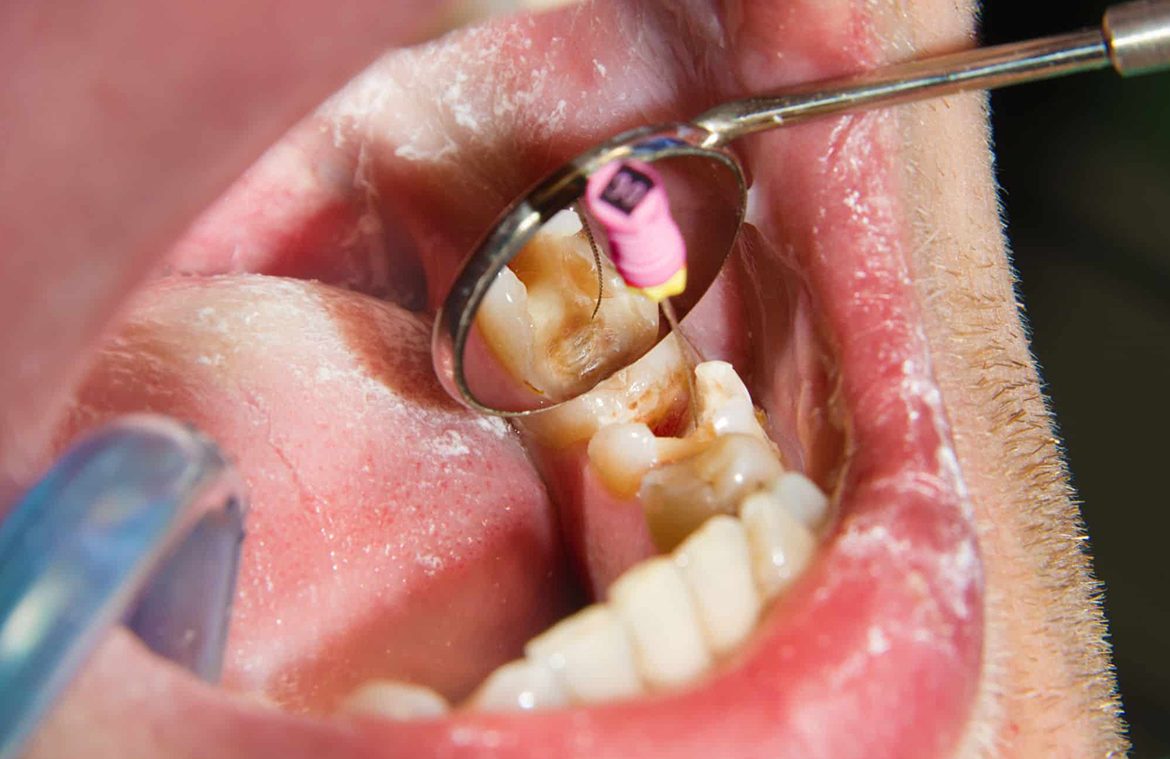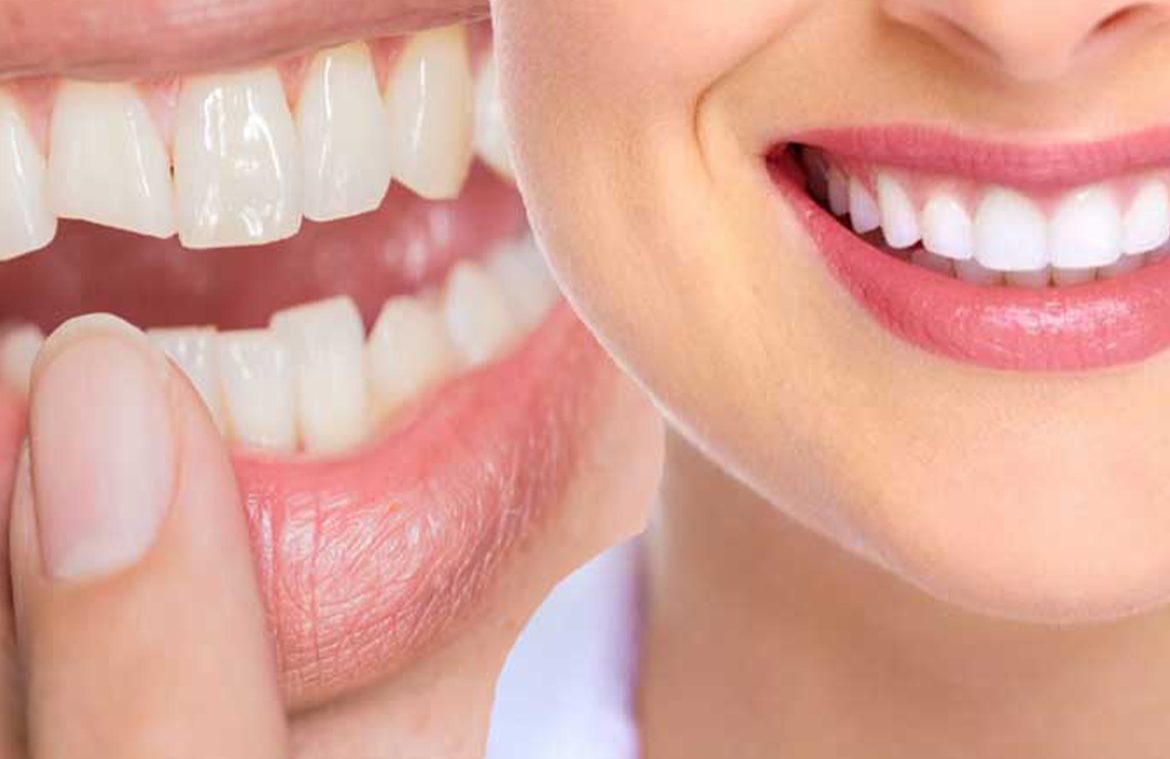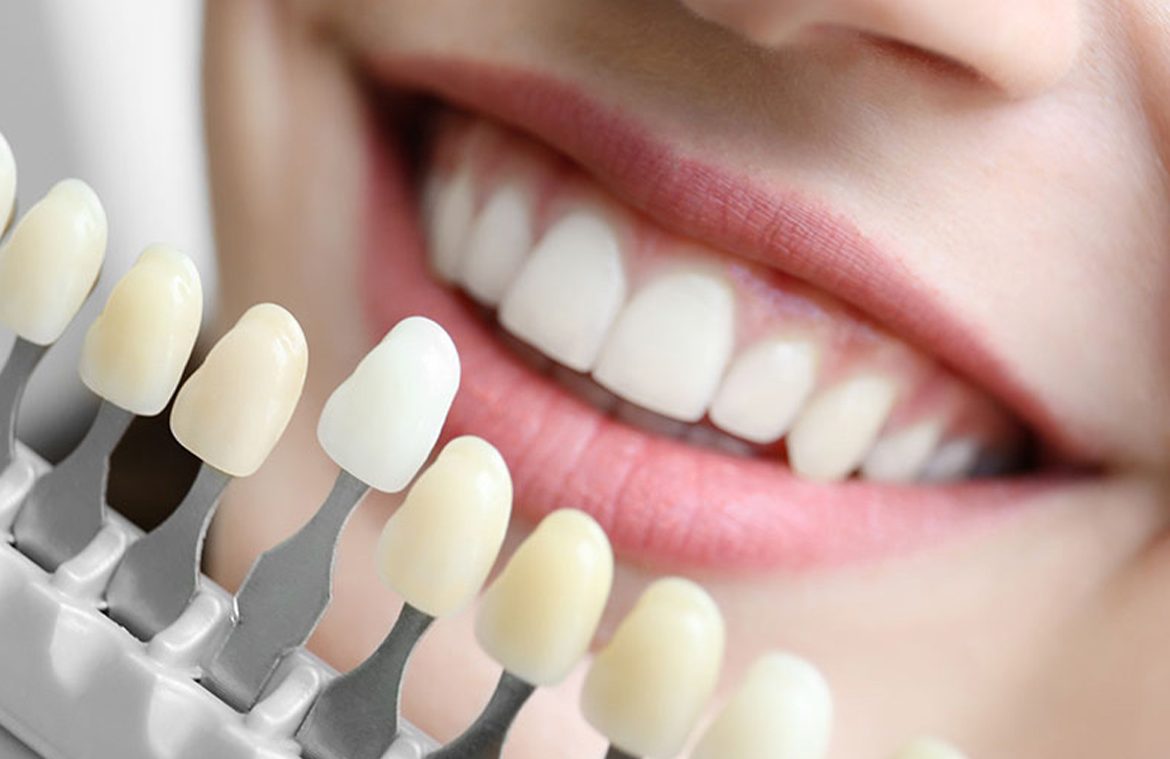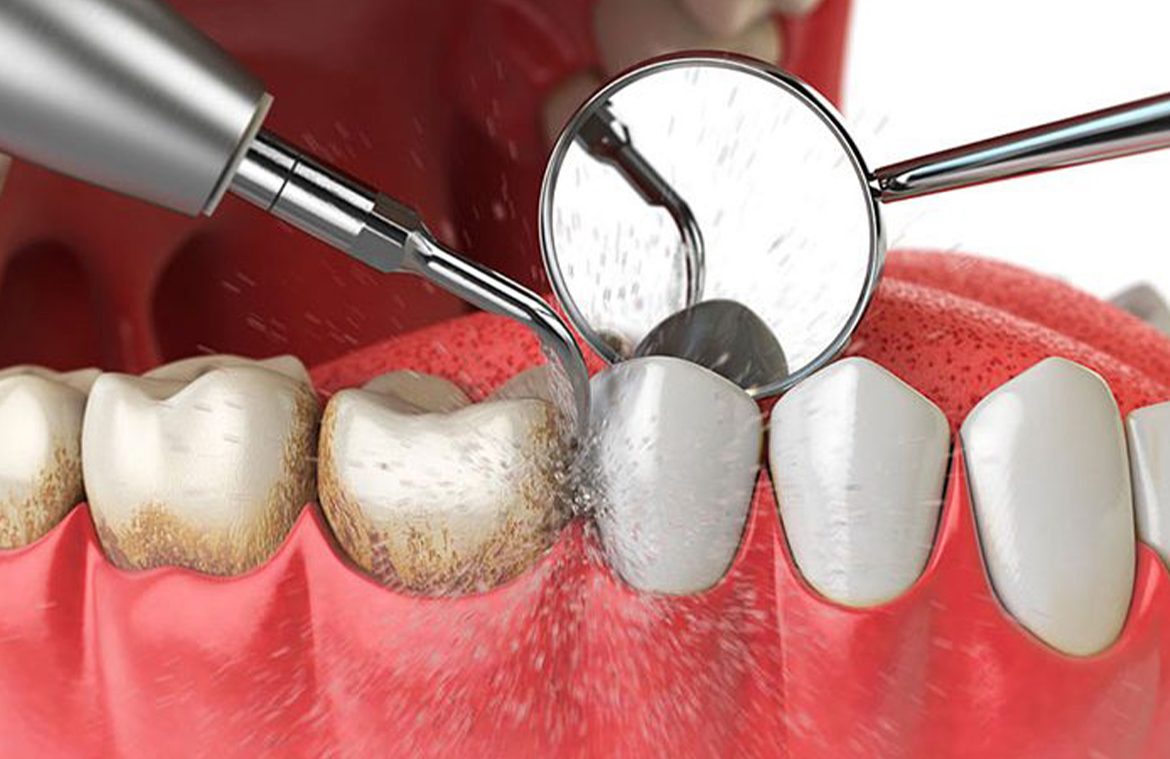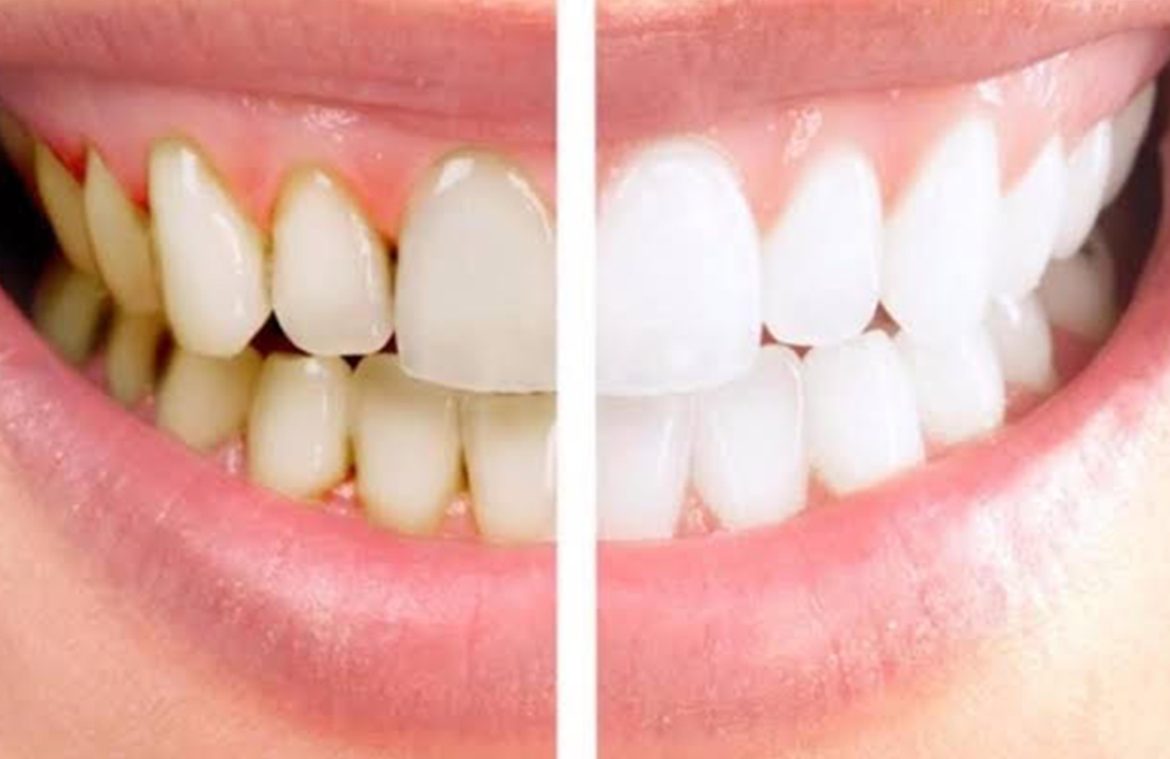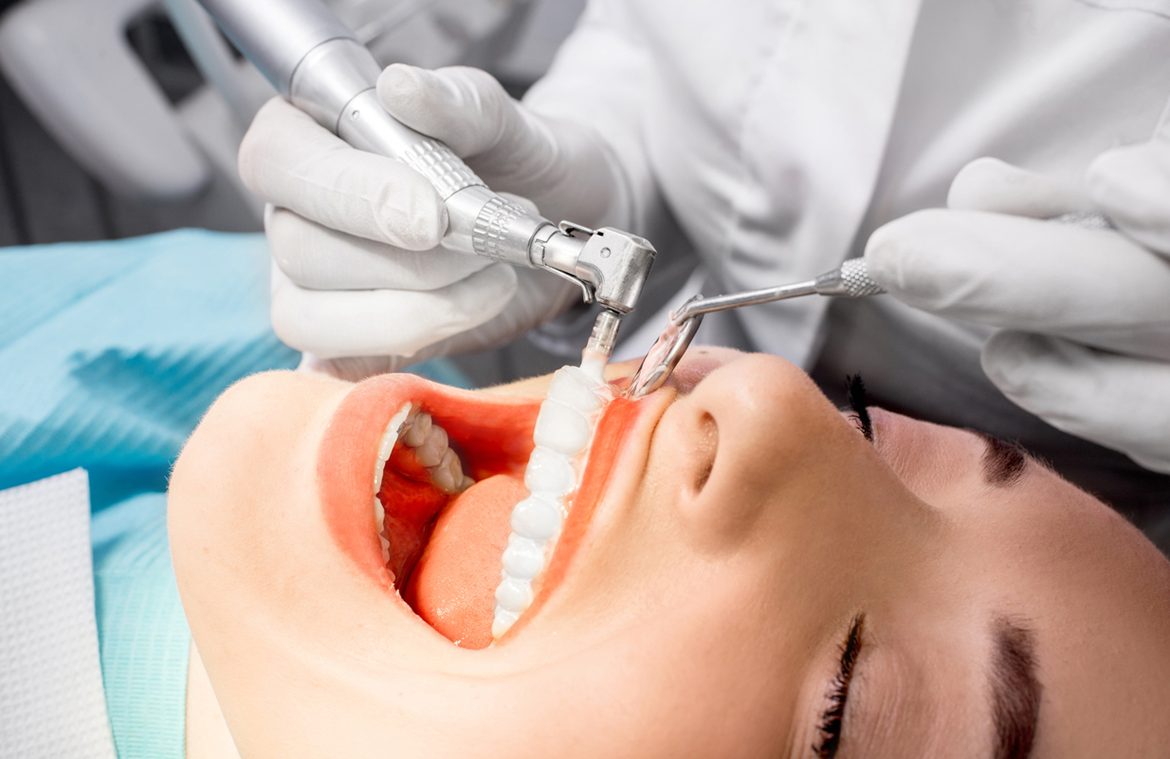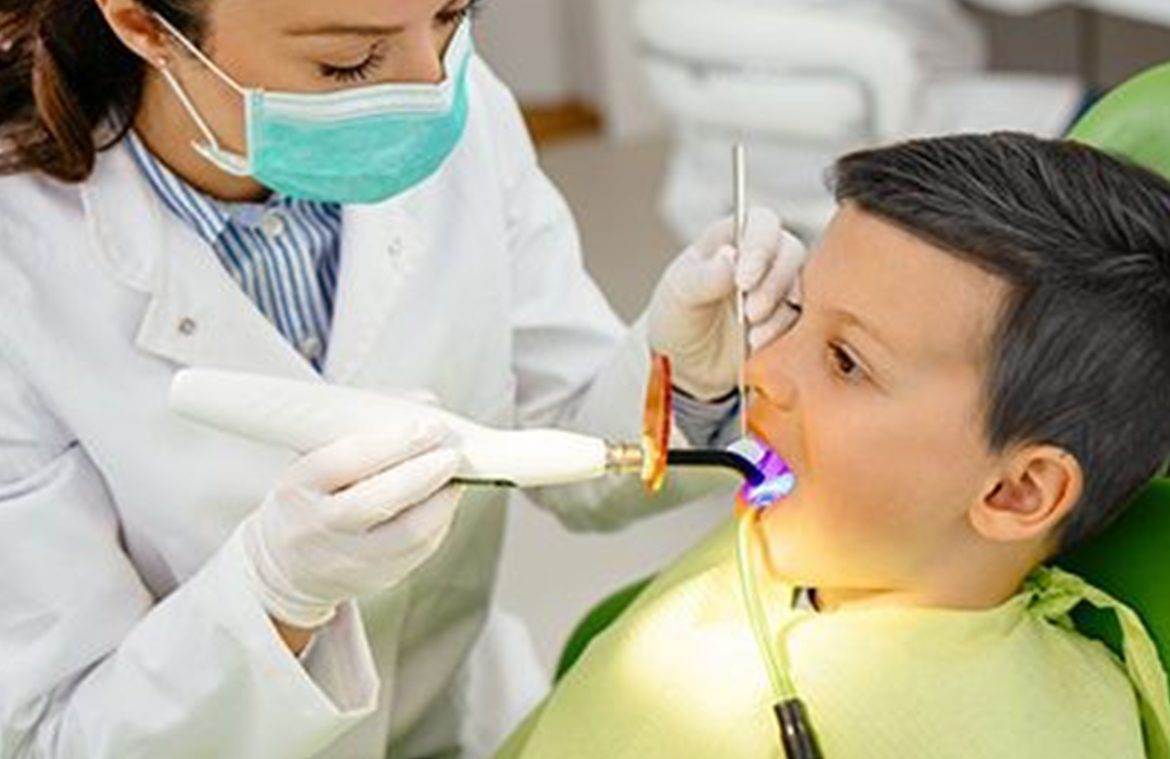Braces treatment for crooked teeth
Composite veneers for hollow teeth
Tooth extraction (Surgical/Non-Surgical)
Loose teeth treatment
Crown/Cap/Bridge
Root canal treatment
Cosmetic dental filling
Color match filling
Deep curate
Advanced scaling & polishing
Routine scaling & polishing
All dental treatment for children
Orthodontic treatment of gapped teeth
High low dental braces treatment
FAQ
Our goal is to deliver the highest quality dental care in a courteous, respectful manner.
A preventive dental check-up should be done ideally every 6 months or at least once a year. This dental check-up ensures potential problems are identified early and thereby can be resolved at an early stage. These check-ups can be followed by a professional cleaning which would help prevent oral health diseases. Most people believe that if there is no pain, then no problem exists, however that is one of the biggest myths.
A dental cleaning for a healthy mouth should be done every 9-12 months. Frequency of cleaning needed depends upon the plaque and tartar formation in everyone’s mouth and thus frequency of dental cleaning might vary for every individual. For a patient with compromised oral health even a cleaning every 4 to 6 months can be recommended by the specialists to prevent any further damage to teeth and gums. For our patients at Shemanto Dental Point, awarded best dental clinic in Dhaka, our specialists advise the time frame that each patient should ideally get their cleaning done depending on the need and maintenance.
Mouthwashes should be used only if needed. There are various types of mouthwashes and While choosing a mouthwash may seem like a no brainer and something that your chemist can advise you, the mouthwash that is right for you keeping in mind your oral health is something that only your dentist can advise you. Given that we strongly believe and advise prevention to our patients, we provide customized mouth washes and gels to our patients. A quick and safe solution until you visit your dentist would be to do warm saline (salt water) rinses regularly post meals.
The answer to this depends upon the X-ray machine that is being used for radiation . New age and advanced dental practices use the latest X-Ray technology that exposes patients to minimum radiation. Things that you should keep in mind to ensure you are being exposed to minimum radiation:
- Is the latest and most advanced Xray machinery being used? (can be seen through built and portability)
- Are the machines well kept, serviced and under AERB supervision
- During full mouth Xays, are you being made to wear protective LED jacket.
Dental X-rays should be avoided in the following cases:
- Pregnant women
- Patient undergoing cancer treatment therapy
Tooth sensitivity is tooth discomfort in one or more teeth that is triggered by hot, cold, sweet, or sour foods and drinks, or even by breathing cold air. The most common form of interpreting tooth sensitivity is pain. The pain can be sharp, sudden, and shoot deep into the nerve endings of your teeth.
There are several reasons that could cause tooth sensitivity and the best person to diagnose the correct root cause is a specialized dentist.
We have listed some common reasons below:
- Wear down or Abrasion (removed enamel layer) of tooth: Over time, brushing too hard or using a hard-bristled toothbrush with incorrect brushing technique can wear down enamel and cause the dentin to be exposed. It can also cause recession of the gums (the gum tissue pulls away from the teeth). At Dent Ally, we teach each one of our patients the right tooth brushing technique so this can be prevented.
- Recession of the gums: As gums move away from a tooth because of conditions such as periodontal disease, the root surface becomes exposed that causes sensitivity.
- Gum disease: Inflamed and sore gum tissue may cause sensitivity because of the loss of supporting ligaments, which exposes the root surface that leads directly to the nerve of the tooth.
- Cracked teeth: Chipped or broken teeth may fill with bacteria from plaque and enter the pulp, causing inflammation and sensitivity.
- Teeth grinding/clenching (Bruxism): Grinding or clenching your teeth may wear down the enamel and expose underlying dentin. Also the excessive forces of grinding can lead to pulpal inflammation resulting in sensitivity and pain.
- Tooth whitening products or toothpaste with baking soda and peroxide (using incorrect material & techniques): These products are major contributors to tooth sensitivity. Without getting a recommendation from a dentist, do not use such over the counter products as teeth whitening is a specialized process and should be done only by a specialist dentist.
- Plaque buildup: The presence of plaque on the root surfaces can cause sensitivity due to bacterial build up over the tooth.
- Cavities (Caries): Cavities result in degradation of tooth layers thus causing sensitivity in tooth.
Yes, it is normal to experience mild to moderate sensitivity after a cleaning session. Deep cleanings expose areas of the teeth that are previously covered by tartar and debris,so it takes a while for your teeth to adjust to this change. However, sensitivity will fade over time, leaving your teeth and gums healthier than they were before. At our clinic, best dental clinic in Bangladesh, we use the most advanced ultra sonic scalers which lead to minimum discomfort with maximum results. Also after cleaning sessions, special gels are given along to minimize the sensitivity in case there is any.
Baby teeth begin to fall out at the age of 6-7 years. The first teeth to fall out are the lower front two teeth followed by upper front two teeth.













